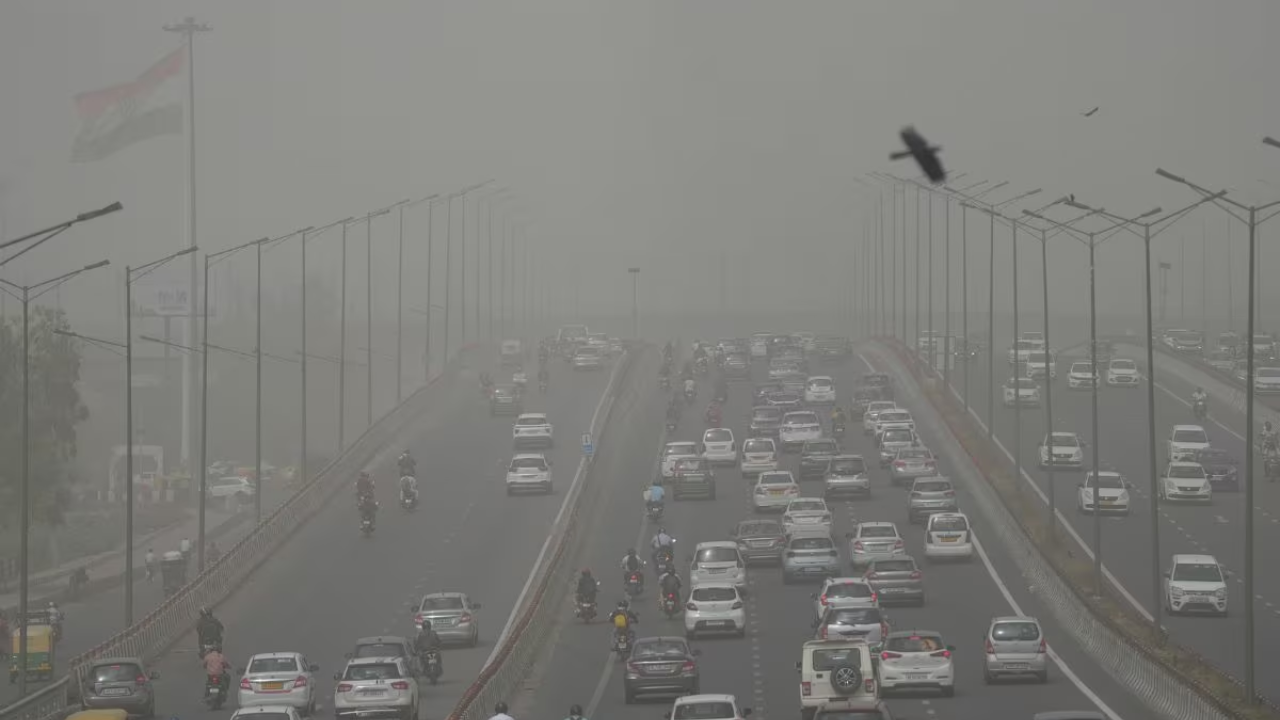Hospitals are facing a spike in 30-50% patients with breathing issues.
NEW DELHI
With the arrival of winter, the national capital has also witnessed deteriorating air quality and a sudden surge in OPD and emergency patients in the hospitals. According to doctors, there has been a sudden surge in patients with breath-related issues as the Delhi air is getting difficult to breathe. Hospitals are facing a spike in 30-50% of patients with breathing issues.
“In the last few days, I have seen an exponential rise of approximately 30–50% in patients with acute attacks of asthma and COPD (Chronic obstructive pulmonary disease). These patients have been stable for quite some time and now are coming with a severe cough, wheezing, and breathlessness, having sleepless nights,” said Prof Dr G C Khilna, Chairman of PSRI Institute of Pulmonary, Critical Care, and Sleep Medicine and member of the WHO Technical Advisory Group on Global Air Pollution and Health
According to reports by the EPA (Environmental Protection Agency), AQI values over 300 trigger health warnings for emergency conditions. The entire population is even more likely to be affected by serious health effects, and that is the reason hospitals are experiencing a significant hike in patients getting hospitalised. Dr Piyush Goel, pulmonology, Intensive Care Manipal Hospital, said: “In the last three weeks, 30–50% of patients have been respiratory patients, and many of them are getting hospitalised as well. When these patients experience a lot of breathing trouble at home and come to us, they are desaturated; basically, they have a low oxygen level and a low BP with respiratory stress, and they come to us in emergencies. As you see, we have around 3 to 4 patients on ventilators right now.” On the reason behind these patients visiting hospitals, he said, “There is a lot of smoke outside, and all these things that go into the lungs can precipitate the underlying illness and also can precipitate a new illness. There is changing season and we are going from
According to Dr Khilani, every year, they experience the same scenario in hospitals, but this year it has come too soon to advise people not to take self-administrated antibiotics. “Every year I see this type of scenario, but this time it has come too soon. It is important to understand that repeated courses of self-administered antibiotics do not help and could be harmful. It is advised that one should not go for an early morning walk when there is ‘smog’,” said Dr Khilani.
“As the sunshine comes, there is an ‘inversion’ of particulate matter and gases, and at that time, exercising is much safer. For the elderly and those with cardiorespiratory diseases, it is best to avoid crowded places and markets. I would also emphasise that there is no scientific evidence of the benefit of air purifiers; however, those with co-morbidities should use them, and the room is to be closed at all times. A simple surgical mask has no value for protection against air pollution. Although not proven, N95 masks should be used for susceptible people while going to crowded places,” he added.

